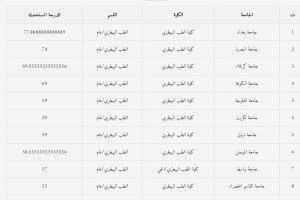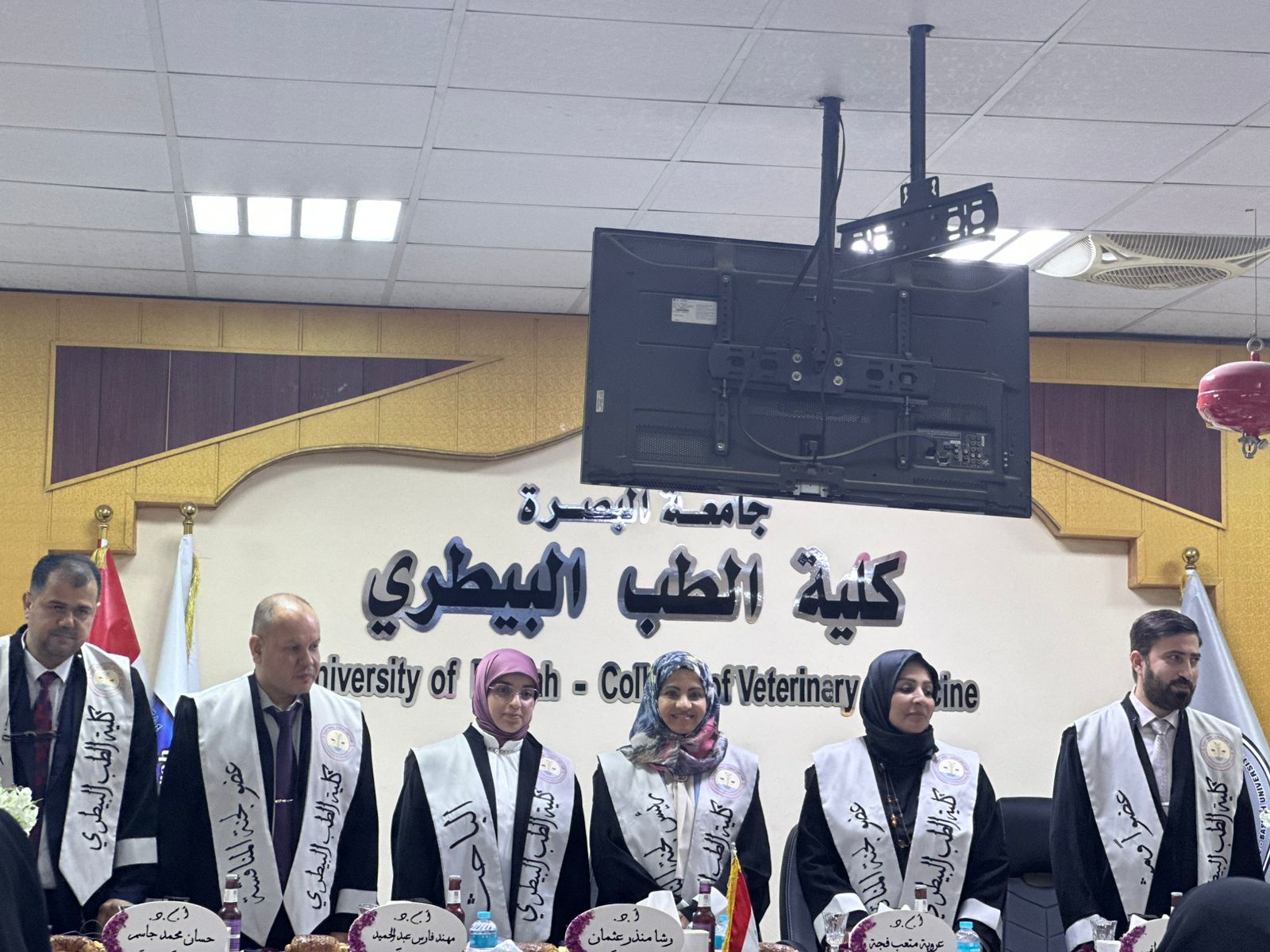
A master’s thesis at the College of Veterinary Medicine, University of Basrah, investigated the effects of Clostridium perfringens, a Gram-positive bacterium, on necrotic enteritis in sheep and the contamination of meat products.
The thesis, presented by student Alaa Qasim Sadiq, aimed to evaluate the prevalence of bacterial toxin types and identify the dominant type among infected sheep flocks. It also sought to compare Iraqi strains with international sources at the genetic level using 16S rRNA sequencing analysis.
The study involved isolating 100 strains out of 325 samples collected from sheep in Basrah Province. The results showed that all isolates contained the cpa and plc genes, while cpe and etx genes were detected in 23.53% of the samples. Type A was the most prevalent, accounting for 76.5%, while type D appeared in 23.53% of cases, exclusively in adult sheep.
Division of Media and Government Communication











